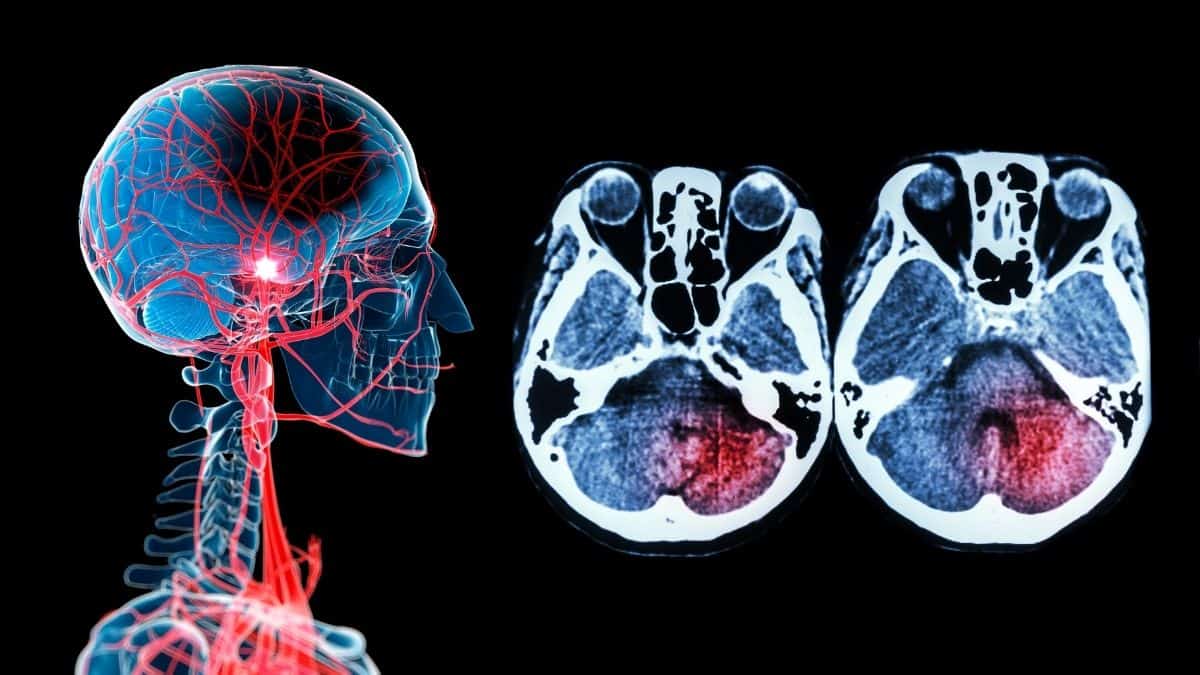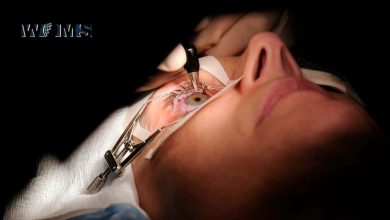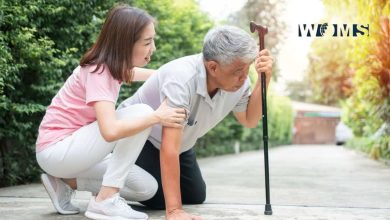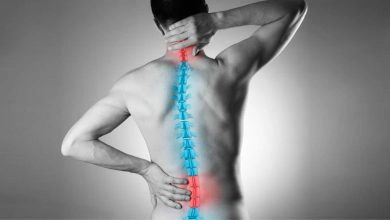Everything You Need To Know About Getting A Stroke And Tips To Avoid It

A stroke is a life-threatening medical emergency that requires immediate care. Prompt intervention can help prevent brain damage and other problems.
Stroke is the fourth most significant cause of death in the United States. Individuals and their families can be devastated by a stroke, which can rob the survivor of their independence. This condition often causes adult disability.
Each year, about 795,000 Americans have a stroke, with roughly 160,000 dying as a result. The National Institute of Neurological Disorders and Stroke (NINDS) is dedicated to alleviating this burden via scientific research.
What is a stroke?
So, what is a stroke? A stroke, or “brain attack,” happens when the brain’s blood supply is cut off. As a result, brain cells can die due to reduced blood flow and consequent oxygen deficiency. Strokes are classified into two main categories: those caused by an obstruction of blood flow and those caused by a brain hemorrhage.
Again, what causes a stroke? Well, Ischemic strokes are caused by a blockage of a blood artery in the brain or neck. These are the most common kind, accounting for about 80 percent of all strokes.
Three conditions cause these blockages:
- The formation of a clot within a brain or neck blood vessel is referred to as thrombosis.
- The movement of a clot from another part of the body, such as the heart, to the brain, is referred to as an embolism.
- A severe narrowing of an artery in or leading to the brain is referred to as stenosis.
Another kind of stroke, called hemorrhagic stroke, is caused by bleeding into the brain or surrounding the brain.
What are the signs of a stroke?
A stroke often occurs abruptly and without warning. Among the symptoms of a stroke are the following:
- Dizziness, lack of balance, or difficulty walking
- Sudden bewilderment, difficulty speaking, or comprehension
- Unexpected difficulty seeing in one or both eyes
- Numbness or weakness of the face, arm, or leg; often on one side of the body; occurs suddenly
- Sudden, excruciating headache without a recognized reason
A stroke is a life-threatening medical emergency. Call 911 immediately if you or someone else exhibits symptoms of a stroke.
You have a greater chance of surviving and recovering from a stroke if you seek emergency care immediately.
What is a mini-stroke?
A mini-stroke exhibits the same symptoms as a stroke. However, they are less severe. Mini-strokes are sometimes referred to as TIAs or transient ischemic attacks.
A transient ischemic attack (TIA) occurs when blood supply to the brain is cut off for a brief period—typically a couple of minutes. If you have experienced a TIA, you are at a higher risk of getting a bigger stroke.
Never disregard a TIA. Call 911 immediately if you or someone else exhibits symptoms of a stroke.
What measures can you take to avoid stroke?
These are some actions you can take to lower your risk of stroke.
Reduce your weight
Obesity and its associated problems (such as high blood pressure and diabetes) increase your risk of having a stroke. Therefore, even a weight loss of 10 pounds can significantly affect your stroke risk if you are overweight.
While a body mass index (BMI) of 25 or below is considered optimal, this may not be achievable for you. Instead, consult with your physician to develop a personalized weight-loss plan.
Consume no more than 1,500–2,000 calories each day (depending on your activity level and your current BMI). Increase your exercise by walking, golfing, or playing tennis, and by making physical activity a part of your daily routine. Swimming is another way to burn fat and lose weight.
Eat healthily
Eating a nutritious diet can help you maintain normal blood pressure and cholesterol level. Make a point of avoiding foods that are rich in sodium (salt) and saturated fat. Learn how to consume less salt.
Be active
Increasing your physical activity can help reduce your risk of stroke. Aim for 2 hours and 30 minutes of moderate aerobic exercise per week, such as rapid walking or bicycling.
Develop a weekly routine with 30-minute time slots for physical exercise. For example, cycling and running are two methods to keep you physically fit.
Get enough sleep
Sleep is critical for maintaining good health. Sleep apnea is a sleep condition in which individuals experience pauses in their breathing during sleep. This sleep disturbance significantly raises the risk of stroke in middle-aged men and postmenopausal women.
Consult your physician if you are having difficulty sleeping.
Check your blood pressure
Because high blood pressure is the primary risk factor for stroke, it is essential to get your blood pressure tested frequently beginning at 18.
If your blood pressure is elevated, speak with your doctor about reducing it and determine if home blood pressure monitoring is appropriate for you.
Maintain your cholesterol levels
High cholesterol levels can raise your chance of having a stroke. It is essential to get your cholesterol levels tested at least every four to six years. Certain individuals will need it to be examined more often or less frequently.
If your cholesterol level is high, speak with your doctor about possible ways to reduce it.
Quit smoking
Quitting smoking is one of the most effective ways to avoid a stroke. If you stop smoking, your risk of stroke and heart disease will decrease.
Balance alcohol consumption
Consuming an excessive amount of alcohol can raise your chances of developing hypertension, a leading cause of stroke. If you want to consume alcohol, do so sparingly. Men should limit themselves to two drinks per day, and the limit should be one for women.
Conclusion
While changing your diet, increasing your activity level, and living a healthy lifestyle can help reduce your risk of stroke, some risk factors are out of your control. Age, gender, and ethnicity all contribute to stroke risk. Although you cannot alter those variables, it is critical to recognize whether you are predisposed. Maintain periodic checkups and visits to the doctor regularly (with any necessary tests) to avoid suffering a stroke.




